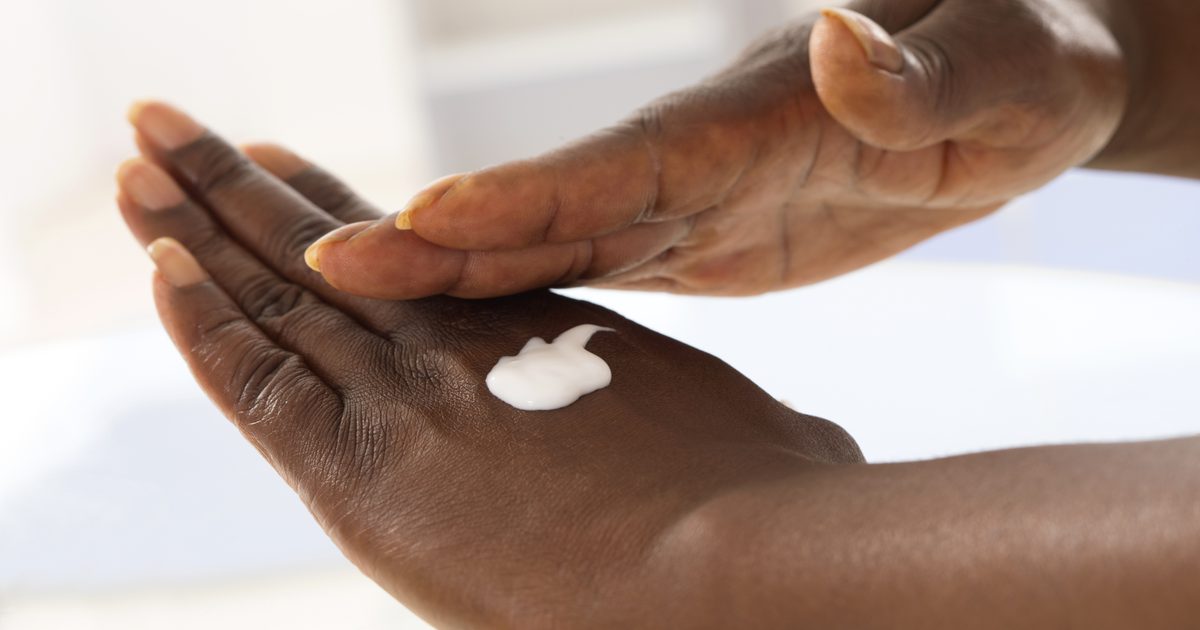Treatment Options For Polycythemia Vera
Itching Therapy

Polycythemia vera can sometimes cause itching, in which case doctors will recommend itching therapy treatments like ultraviolet light therapy, or they may recommend antihistamines, typically starting with over-the-counter options. Selective serotonin reuptake inhibitors (SSRIs), medications that have often been used to treat depression, can also help relieve itching. Fluoxetine and paroxetine are examples of SSRIs.
Dry skin is particularly susceptible to itching. The patient should, therefore, take steps to keep their skin hydrated. For example, they should not use hot water when bathing or showering, as it will dry out their skin. After bathing, they should pat themselves dry and then apply a moisturizing lotion.
Avoid Extreme Temperatures

The reduced circulation that accompanies polycythemia vera can increase the patient’s vulnerability to injuries caused by temperature extremes. The patient should, therefore, avoid extreme temperatures by always dressing warmly during cold weather, and they should take particular care to protect their hands and feet. In hot weather, the patient should avoid the sun and drink a lot of fluids. The patient should also avoid heated whirlpools and hot tubs.
Patients with polycythemia vera are also quite susceptible to the skin damage caused by ultraviolet rays. They should thus avoid sunlamps and tanning booths, and they should stay out of the sun from 10 a.m. to 4 p.m., which is when the sun’s rays are at their strongest. They should wear long sleeves, a broad-brimmed hat, and protective sunglasses when they are outside. Similarly, they should use a sunscreen of at least a sun protection factor (SPF) of thirty.
